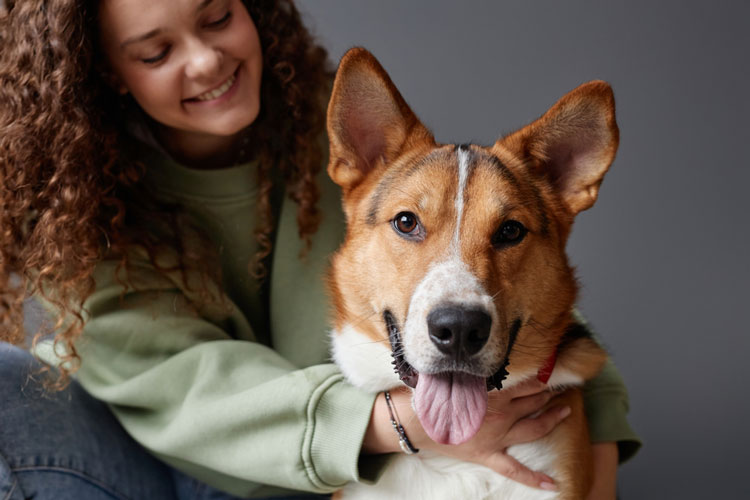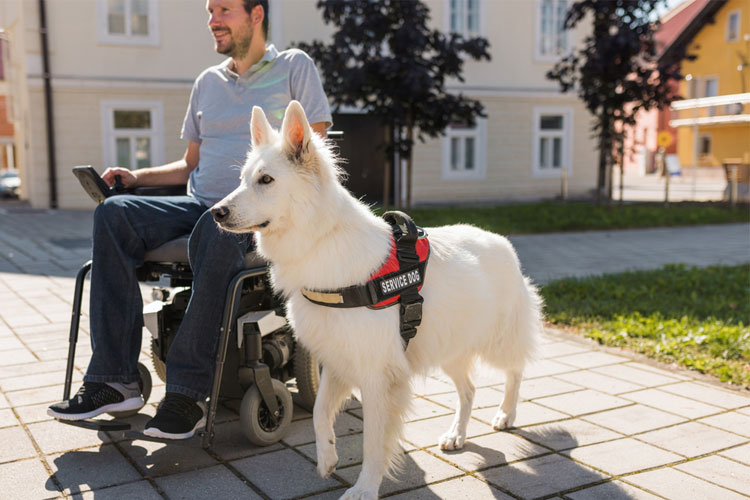As the leaves change color and the air turns crisp, the excitement of Halloween begins to fill the air. For many, this means dressing up in costumes, decorating homes, and of course, trick-or-treating! If you have an emotional support animal (ESA), you might wonder: Can they join in the fun? While the answer is not as straightforward as you might hope, let’s explore the details.
What is an Emotional Support Animal?
An emotional support animal is a companion that provides relief to individuals dealing with mental health challenges. Unlike service animals, which are specifically trained to perform tasks for those with disabilities, ESAs offer companionship and comfort. They can be any type of pet, and while they don’t have the same public access rights as service animals, they are protected under the Fair Housing Act, allowing them to live with their owners regardless of pet policies.
Benefits of an Emotional Support Animal
Having an emotional support animal can significantly improve your well-being in various ways:
- Reduce Anxiety: The presence of an ESA can help calm anxious feelings during stressful situations, such as crowded Halloween events.
- Provide Comfort: Their companionship can alleviate feelings of loneliness, making outings more enjoyable.
- Encourage Social Interaction: Bringing your ESA along can help break the ice and spark conversations with others during trick-or-treating.
- Stabilize Emotions: ESAs can provide a sense of security, which may be particularly comforting in the hustle and bustle of Halloween festivities.
These benefits can make the experience of trick-or-treating more enjoyable for both you and your emotional support animal.
Can You Take Your Emotional Support Animal Trick-or-Treating?
While it may be tempting to dress up your ESA in a cute costume and hit the streets for candy, there are a few considerations to keep in mind:
- Public Access Rights: Emotional support animals do not have the same legal rights as service animals. This means they may not be permitted in certain public spaces. However, trick-or-treating in residential neighborhoods generally does not have restrictions, making it feasible to bring your ESA along.
- Animal Comfort: Consider your pet’s comfort level. Halloween can be loud and chaotic, with costumes, decorations, and unfamiliar surroundings. If your animal is easily stressed or anxious, it might be best to leave them at home where they feel safe.
- Safety First: If you do take your ESA, ensure they are wearing a proper identification tag and are leashed at all times. Be mindful of the other children and pets around you, as Halloween can be overwhelming for many.
How to Make Trick-or-Treating Enjoyable for You and Your ESA
If you decide to bring your emotional support animal along for trick-or-treating, here are some tips to ensure a smooth experience:
- Choose a Suitable Costume: If you want your pet to dress up, make sure the costume is comfortable and doesn’t restrict their movement.
- Stick to Familiar Routes: Choose neighborhoods you know well to minimize stress for both you and your animal.
- Bring Snacks: Keep your ESA’s favorite treats handy to reward them for their good behavior and keep their energy up.
- Plan for Breaks: Allow for plenty of breaks to let your ESA rest and recharge.
Taking your emotional support animal trick-or-treating can be a delightful experience, provided you consider their comfort and the environment. While they may not have the same access rights as service animals, many places will welcome your ESA during Halloween festivities. With some preparation and mindfulness, you and your furry companion can enjoy a fun and memorable evening filled with treats and laughter. If you have questions about getting an emotional support animal or need a certification letter, you can get one by talking to our experts at United Support Animal today at 800-918-3151 or by taking our pre-screening test.




